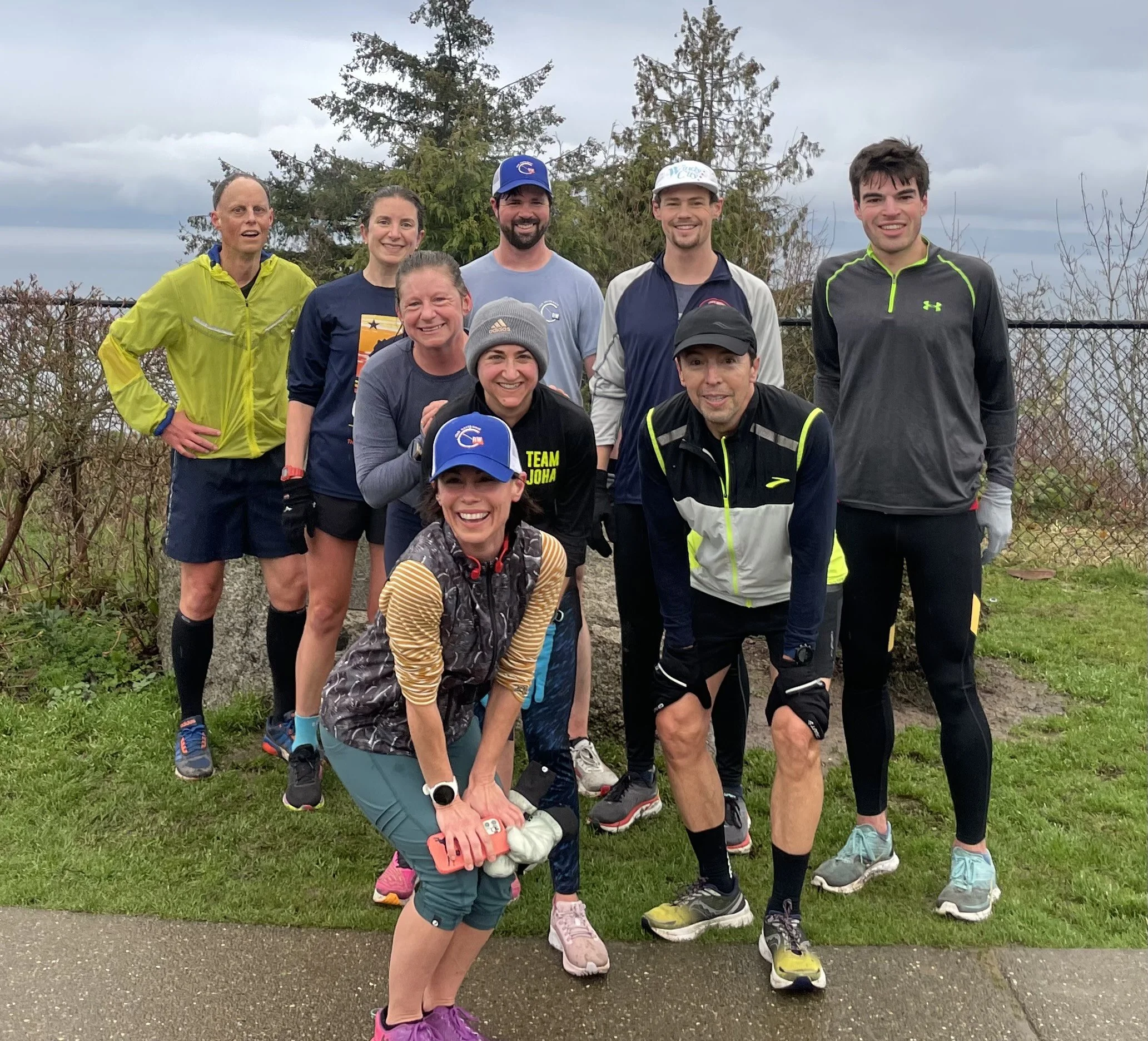Trigger warning: Before continuing any further, it needs to be stated that this post will include references to depression, anxiety, mental illness, and suicidal thoughts/ideation. These topics may be triggering to some readers.
In recent years, mental health has become an expansive discussion, and the resources available regarding the subject have increased significantly. It’s encouraging to see the importance of it in society being recognized. At the same time, I fear that in the world we live where social media abounds, highlight reels and catchphrases have been substituted for action. Additionally, the very concept of mental health has become so multifaceted that it now encompasses common wisdom in daily habits from getting a quality night’s sleep to consuming a healthy diet. This is not to say that any of this shouldn’t be a part of the discussion, and they’re excellent practices for anyone looking to improve their overall wellbeing and mental health. However, I do have concern that it distracts from the difficult conversation of mental illness, the conditions that often get referenced only when a tragedy occurs and still carries with it much stigma.
I want to share my own experience with mental illness. It’s a topic that’s personal to me, and I hope through sharing, we might be able to reduce stigma and offer validation to those who experience similar struggles.
It started in the middle of 2017. I had just moved to Boston to pursue my dream of training with a historic track club as I started my professional career in healthcare. I never expected that this simple act of moving across the country would ignite a pattern of neural chaos that I would be beholden to for over a year.
It was perplexing. I’d been a military kid, moving every other year until my late teens, and subsequently every few months as I completed my schooling with a series of internships. The experience should have been familiar to me, but something this time was different.
The best I can convey is that it unleashed an unrelenting thought spiral of fear, further strengthened by a harsh inner critic that continually berated me for being less than perfect, unable to help myself, and clearly crazy for this continual doom loop I couldn’t break free of. I’ve been told this cluster of thought patterns is called anxiety and depression, possibly PTSD. The lived experience of it can only be called hell.
It became a dirty little secret. I had an inkling that something wasn’t right. Unfortunately, I had not been supplied the benefit of an emotionally safe home life as a kid, and, when coupled with a family system that fostered covert forms of abuse, hiding unpleasantries was second nature to me. It seemed practical even, given the standards of what was considered “normal” in the environment I’d grown up in. Never let them see. Never let them know. You’re the same old you, regardless of what you feel inside, because if you’re not him, you’re not enough, and “not enough” is shameful.
It took a drastic toll on my physical health. I couldn’t tolerate training the way I used to. My body injured easily, and I was unceasingly tired, yet still giving everything I had to maintain the facade that I was the same racehorse I’d always been. Regardless, the mileage dwindled, unbroken sleep grew rare, and race performances fell flat. This only strengthened the voice chanting ever louder that I wasn’t enough. I can recall numerous nights where the anxiety grew so bad, I’d have to end my run after a mere 3 minutes to calm my constricted chest and try in vain to slow the whirring thoughts.
This continued for fifteen months with brief bouts of feeling marginally better, only to descend further into the rabbit hole. Fear was replaced by panic. Depression gave rise to despair. All the while the extent of my pain I never revealed in full to anyone.
There came a day in August of 2018 when I awoke, and even by the standards of the previous months, something was very wrong. It pains me to write this, but that morning it dawned on me that I was experiencing empathy, if not a little jealousy, towards cases of suicide I was familiar with including Robin Williams and Chester Bennington. It hit me like a brick that on this day I could understand why they did what they did. I didn’t want to die, I just wanted to not have to think or feel anymore.
I was a mess at work. My boss could tell, and she did what she could to figure out what was wrong. I couldn’t quite convey what was happening, though I had the wherewithal to send an email to a Therapist I had been intermittently seeing. He promptly sprang into action and urged me to see my PCP. Fortunately, I arrived a few minutes before closing and was greeted by a friendly nurse who had just hung up the phone with my Therapist a moment prior.
She asked all the right questions. I answered them honestly and was shocked to hear some of the responses I gave. Though it was certainly a tough place to be, the efforts of a few people who recognized the signs led me to the first step in what would be several years of healing and growth to find my way back to a life I love. I cannot thank them enough.
Here is where it commonly gets written off as a fairy tale ending. Someone got the help they needed. All is well. Now they’re back to normal, and it’s great. If only it were that easy.
“Getting help” for mental illness is not an overnight process. You don’t go to a hospital, start to feel better, and then call it good because now you love life again. It’s slow and arduous. It’s as much or as little time as it takes to get yourself into a safe frame of mind before you can begin to address all the experiences that brought you to where you are.
It often entails medication that, while altering your brain chemistry and affecting your overall disposition, comes with side effects that leave you feeling less like you, including weight gain, general numbing, and loss of emotions. Don’t get me wrong, it can be necessary. It makes it no less of an uphill climb on already tired legs, only to find a mountain awaits you at the top.
“Getting help” entails learning new paradigms of what it means to engage with the world, relate to others, and love yourself. Attempting to love yourself feels foreign and weak, until the moment you first succeed, followed by grief that this most basic need of acceptance and safety was never a part of your lived experience until now. Healing often involves letting go of people who’ve long been a part of your life, and then coping with the gnawing love you feel for them that conflicts with the unrelenting anger for things they did, didn’t, and continue to do. It involves letting go of versions of yourself that you built an entire life and purpose on to make room for one that is more fundamentally “you”, often as you’re not sure who you even are.
It takes sheer determination with a sage patience to confront the well-worn patterns of thinking that, while they may be the source of your misery, also may be the only path your mind has ever known. There’s comfort in ease. There’s resistance to change. You’ll have to get comfortable with vulnerability, as you revisit memories you’d rather forget and open yourself to letting the tears happen no matter how shameful you feel for having them. It’s awkward. It’s uncomfortable. It goes deep into the thick of uncleared cognitive paths, skirting the ones you’ve run for decades which, despite their danger, are at least familiar. It’s long, far longer than what is portrayed in television, and it’s usually an ongoing endeavor, although it does get easier as the layers are examined and the foundation is built.
My foundation started with running. As I began to grasp the extent of the challenges that lay ahead, I was adrift. I anchored myself to the good memories of what brings me the most joy in this life, and that’s running. These memories supplied the proof that a version of my life exists where I can run with joy, something to latch onto when my brain would revert to its old patterns on the harder days. I held those memories dearly like a talisman that could brighten the toughest of days on the road to recovery. I would reminisce on throwing down in Eugene with Ari, running stride for stride from start to finish with him. I remembered plodding along forest trails with Rivs, with his beardy wisdom softly reminding me that running is just that, and speed is rather subjective and meaningful only to the extent you allow it to be.
There were certainly days where despair found me again. Days that I thought I’d never love to run again. Days I thought I was wasting my time pursuing a sport that should have been dead to me years ago. Maybe it was time to retire from it all.
What ensued was a new beginning in a sport I’d only ever considered as a means to measure one's self worth. From this beginning, novel opportunities began to arise. They took me up and down mountains for hours at a time as my brain endlessly chomped at rearranging the old patterns into new ones. It took me from Boston to Seattle where I believed, and time confirmed, my community and chosen family would be. It gave me the opportunity to step away from the fragility of my need to always be the best, and explore roles supporting other members of the sport that gave me back my life. To put it simply, it gave me a pretty freaking amazing life, and a profound appreciation every time I lace up and can feel the joy course through me, no longer absent and muted.
I’m one of the lucky and privileged ones that had access to the care I needed, and specific features to my illness where recovery was a possibility. Unfortunately, in many cases, full recovery is not a certain outcome, and barriers to access remain steep. All the more reason these conversations need to be had, and our Club needs to be ready to offer support where it can when we are faced with someone needing our help.
The fact is that current statistics are staggering. It’s estimated that 1 in 5 people in the United States will experience a mental health condition each year. 1 in 20 will experience severe mental illness. 1 in 10 will experience a severe depressive episode. The key here is to recognize that as a club, we are not exempt from these statistics. 1 in 5. Of 564 registered members of Club Northwest, statistically 112 of our athletes will experience mental health conditions this year.
If you’re suffering in silence, please tell somebody. Tell a teammate. Tell a friend. Tell a coach. There’s no shame in needing help, and you shouldn’t have to go through it alone.
If you’re suffering in silence, please consider finding the necessary care. There is help available and there are great Therapists in Seattle who care deeply for their patients. You can find contact information for some of these providers below. Additionally, medication isn’t a sign of weakness. It’s often a necessity that can greatly improve quality of life and the ability to enjoy it.
To those who are approached by another regarding need or concern about their mental illness, please hear them. Listen. Validate. Recognize that there can still be shame in having to ask for help. The nature of mental illness is sometimes rooted in shame and/or a sense of worthlessness. The juncture where someone asks for help and they are truly heard by another is critical. I cannot overstate this.
Additionally, not every individual in need of help will openly ask, or possess the presence of mind to convey their needs. I highly recommend, should you find yourself feeling concern regarding what someone might be indirectly hinting at, ask the direct questions. “Do you have thoughts of hurting yourself? Are you considering ending your life?” If the answer is yes, find out if they have a specific plan to do so. If that answer is yes, it is now a medical emergency, and EMS should be contacted (specific numbers below). In my own experiences working in healthcare, it has surprised me the number of times I ask directly when I have even the faintest inkling that something is wrong, and their answer is yes. It can be uncomfortable to ask these questions, no doubt about that. It’s far more uncomfortable to wonder later if you should have.
Furthermore, when someone is experiencing mental illness, especially when in a mental health crisis, activities of daily living become significantly harder to perform. Memory can decline as well. With that in mind, when someone does ask for help, consider that they may need physical support in getting the help they need such as making the necessary phone calls, getting a ride to a clinic, or ensuring they safely make it back to their home.
These struggles are common, much more than we’re led to believe. The nature of mental illness can create the overwhelming sense of being alone. You’re not alone. It can feel like you’re not enough. You’re enough, my friend.
-Written by Steve Harris
If you are in a mental health crisis, and/or experiencing thoughts of hurting yourself or committing suicide, listed below are several crisis lines. For those not actively in crisis, it can be helpful to save these to your phone should the need ever arise.
If you or a loved one are seeking care and aren’t sure where to turn, listed below are several Psychiatry and Therapy groups in the Seattle area. Also remember that the conversation can be started with a Primary Care Physician who can direct you to resources as well.
Contacts for when experiencing mental health crisis
Suicide Prevention Hotline: 988
King County Crisis Line: 866 427-4747
Local Crisis Line: 206 461-3222
Emergency Medical Services: 911
Therapy & Psychiatry Providers
Lifestance Health
253 579-0134
Numerous locations throughout the greater Seattle area
They offer Psychiatry as well as several forms of therapy
*note: they accept numerous different insurance plans
https://lifestance.com/
Northwest Psychiatry and TMS
206 933-0699
1511 3rd Avenue, Ste 415
Seattle, WA
nwptms.com
Brett Yamane, MD, PLCC
206 755-8899
1817 Queen Anne Ave N, Suite 406
Seattle, WA 98109
Offers Psychiatry and talk therapy
*accepts Regence Blue Shield and Premera Blue Cross insurance plans
http://brettyamanemd.com/
Dayspring Behavioral Health
425 295-7697
195 NE Gilman Blvd #100
Issaquah, WA 98027
https://dayspringbehavioralhealth.com/







